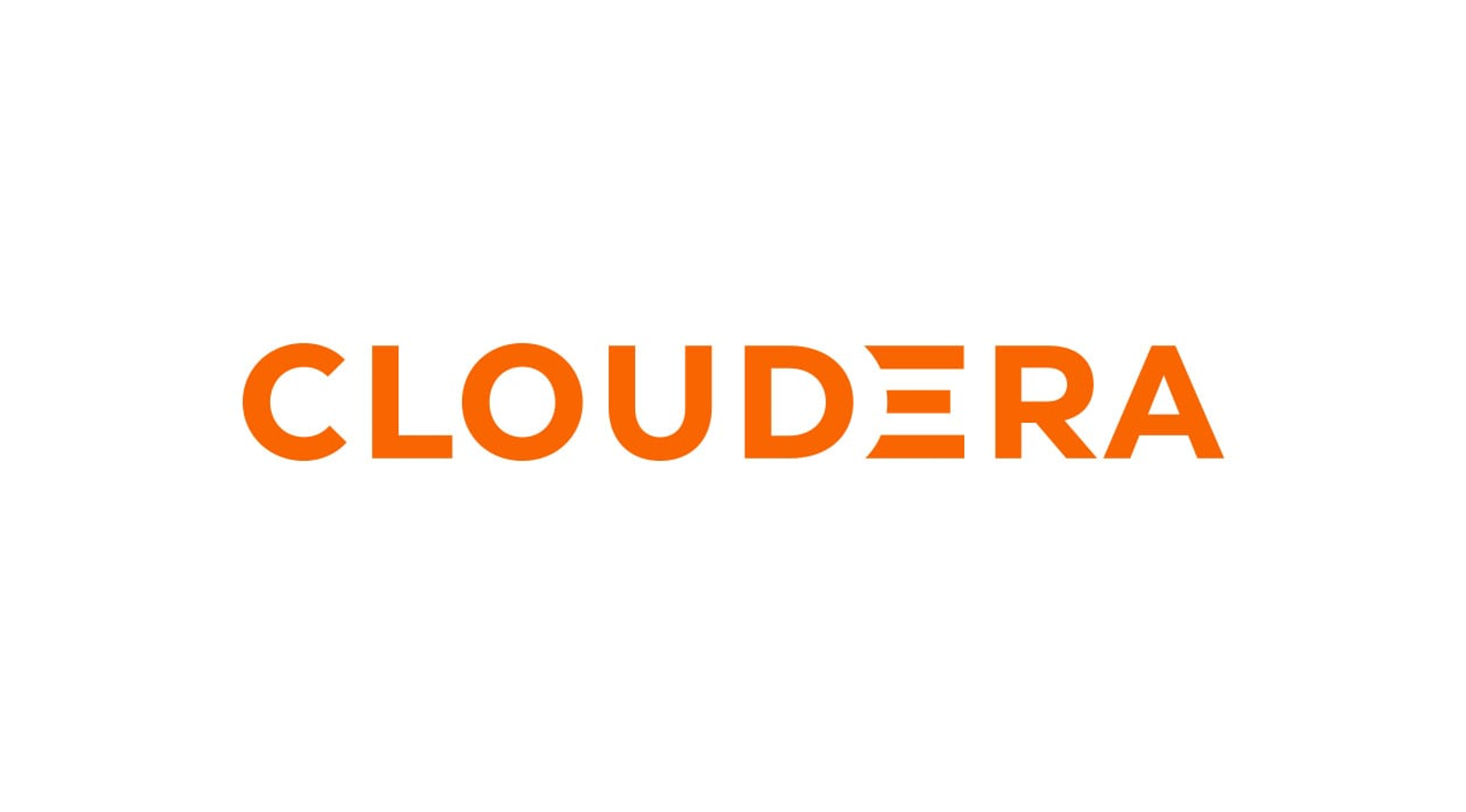Cloudera Achieves PCI DSS 4.0 Compliance to Unlock Business Value from AI for Financial Institutions

As AI drives business value in the financial
sector, this milestone underscores Cloudera’s commitment to security and
compliance
India
- August 27, 2024
-- Cloudera, the only true hybrid
platform for data, analytics, and AI, today announced it has achieved Level 1 compliance with the Payment Card
Industry’s (PCI) Data Security Standard (DSS) for Service Providers.
This certification demonstrates Cloudera's commitment to cybersecurity and
compliance in its mission to help financial institutions unlock business value
from AI. With this milestone, Cloudera’s Platform as a Service (PaaS) and
Private Cloud (PVC) are both PCI DSS v4.0 compliant, the newest major version
of the framework.
PCI DSS standards define rigorous
security controls and processes for entities involved in the payment ecosystem,
as well as requirements for developers and solution providers to build and
securely manage payment devices, software, and solutions for the payment
industry.
As the rise of e-commerce has
rapidly scaled the amount of data that financial institutions have under
management, the need to protect that data has grown as well. According to the
International Monetary Fund’s 2024 Global Financial Stability
Report,
the financial sector is the target for one-fifth of all cyber-attacks, and this
risk is largely driven by its dependence on third-party IT providers.
Certification with the most recent security standards for the PCI is a
testament to Cloudera’s ability to quickly adapt to the latest financial sector
security requirements, where threats are constantly evolving and becoming more
sophisticated.
AI has also transformed the financial sector in
recent years, with financial institutions adopting virtual assistants, creating
synthetic data for model training, generating research reports and investment
summaries, and harnessing machine learning for fraud detection. As the vendor
to eight of the top 10 global banks, Cloudera helps financial institutions
harness the power of AI and Generative AI while navigating the associated
risks, providing a secure environment for managing the vast volumes of data needed
to train AI models.
“The financial services industry is undergoing
significant digital transformation, and the ability to work with trusted
third-party solution providers is critical to success” said industry analyst,
Sanjeev Mohan. “Financial institutions can view compliance with rigorous
frameworks, like PCI DSS 4.0, as an indicator that the partner they’re choosing
to work with is one that can securely navigate the complexities of their data
and thrive in this AI-powered future.”
“Cloudera’s achievement of this certification is
a testament to our commitment to our financial sector customers,” said Natalia
Belaya, Cloudera’s Chief Information Security Officer. “We strive to provide
and maintain a secure and trusted platform to support our customers with
evolving data initiatives and empower them to unlock greater value from AI.”
To learn more about Cloudera’s compliance certifications, and the company’s commitment to cybersecurity, visit the Cloudera Trust Center.
About
Cloudera
Cloudera is the only true hybrid platform for
data, analytics, and AI. With 100x more data under management than other
cloud-only vendors, Cloudera empowers global enterprises to transform data of
all types, on any public or private cloud, into valuable, trusted insights. Our
open data lakehouse delivers scalable and secure data management with portable
cloud-native analytics, enabling customers to bring GenAI models to their data
while maintaining privacy and ensuring responsible, reliable AI deployments. The
world’s largest brands in financial services, insurance, media, manufacturing,
and government rely on Cloudera to be able to use their data to solve what once
seemed impossible—today and in the future.
To learn more, visit Cloudera.com and follow us on LinkedIn and X. Cloudera and associated marks are trademarks or registered trademarks of Cloudera, Inc. All other company and product names may be trademarks of their respective owners.



